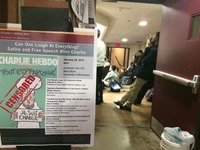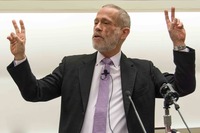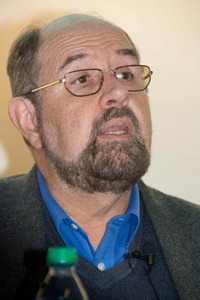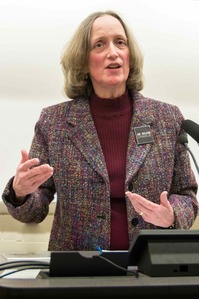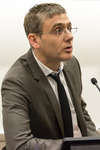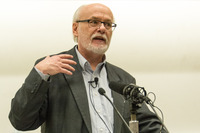The Museum of Russian Art (TMORA) in Minneapolis, MN, in collaboration with the St. Sahag Armenian Church of St. Paul, Minnesota, will host a
three-day exhibition dedicated to the 100th anniversary of the Armenian Genocide, open from June 20 to June 22, 2015. The materials for the exhibition were provided by the
Armenian National Institute, an organization focusing on “the study, research and affirmation of the Armenian genocide.” This exhibition, THE FIRST DEPORTATION: THE GERMAN RAILWAY, THE AMERICAN HOSPITAL, AND THE ARMENIAN GENOCIDE is a project of the Armenian National Institute, Armenian Genocide Museum of America, and
Armenian Assembly of America.
The exhibit reveals various facets of the genocide, including the deportations, executions, massacres, murders, starvation, extermination and destruction. It also documents the immediate aftermath of the atrocities, attesting to the catastrophic destruction of the Armenian society in the Ottoman Turkish Empire. The scale and depth of the uprooting of the Armenian people are revealed through twenty-four panels filled with photographs, documents and explanatory texts.
The deportation of 1915. The entire Armenian population of eight
towns—about 170,000 in total—had been put on the road.




